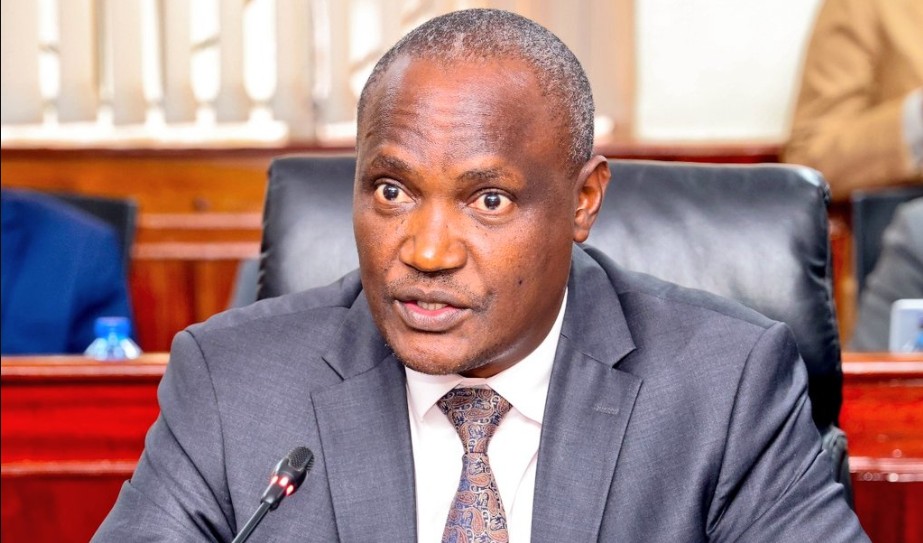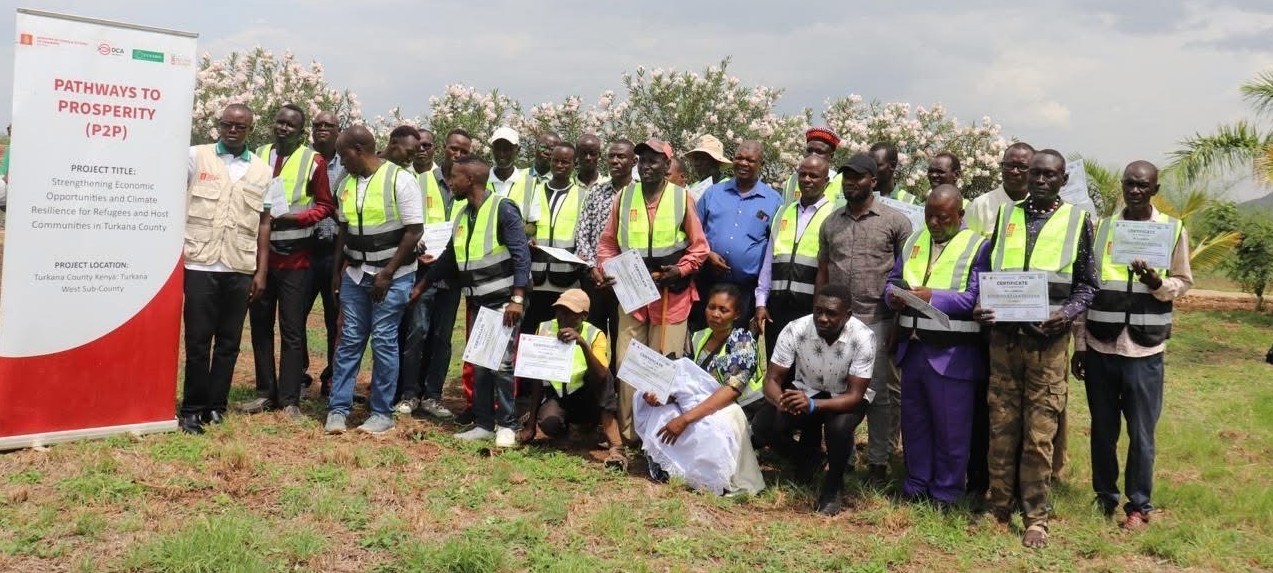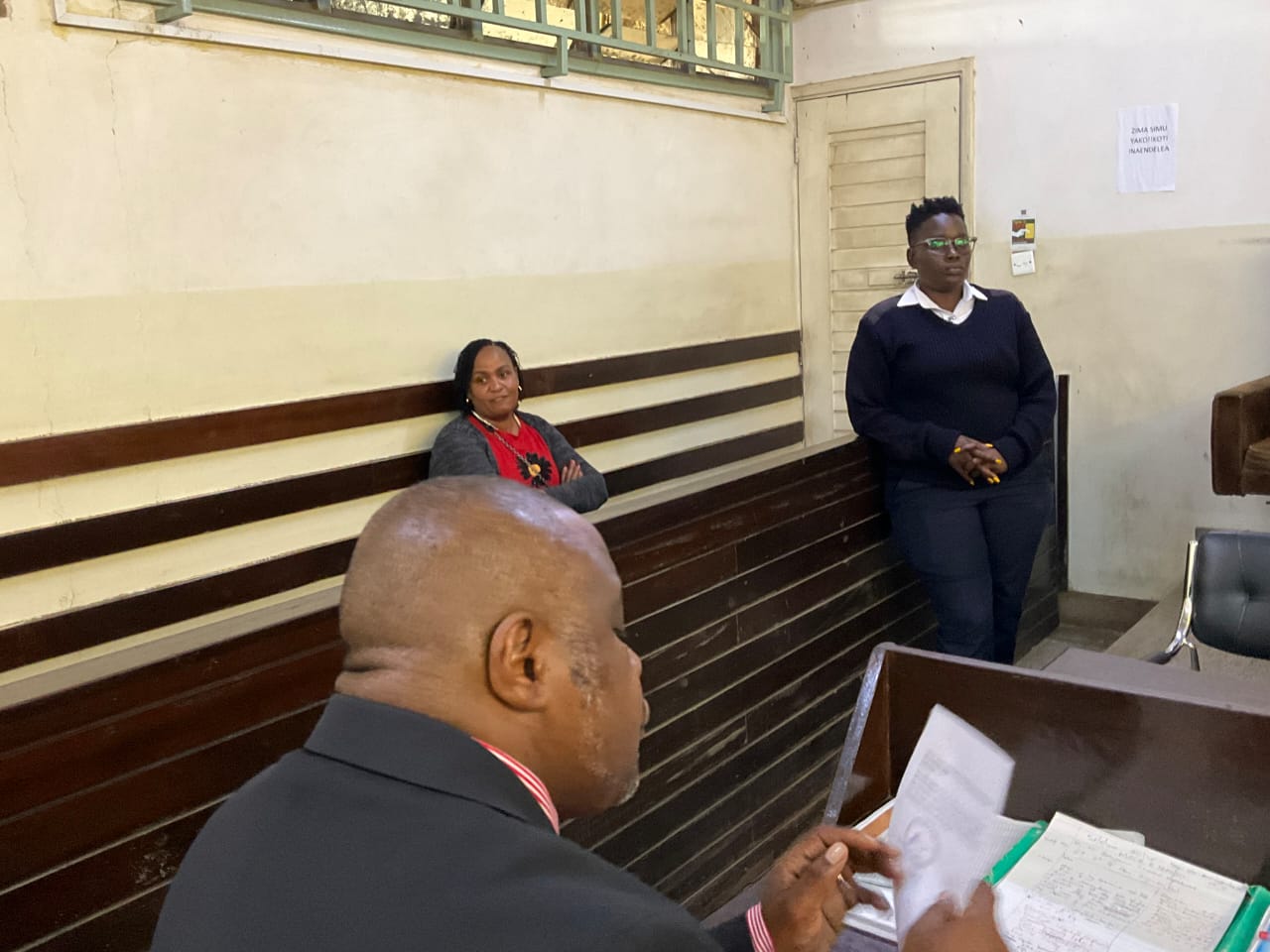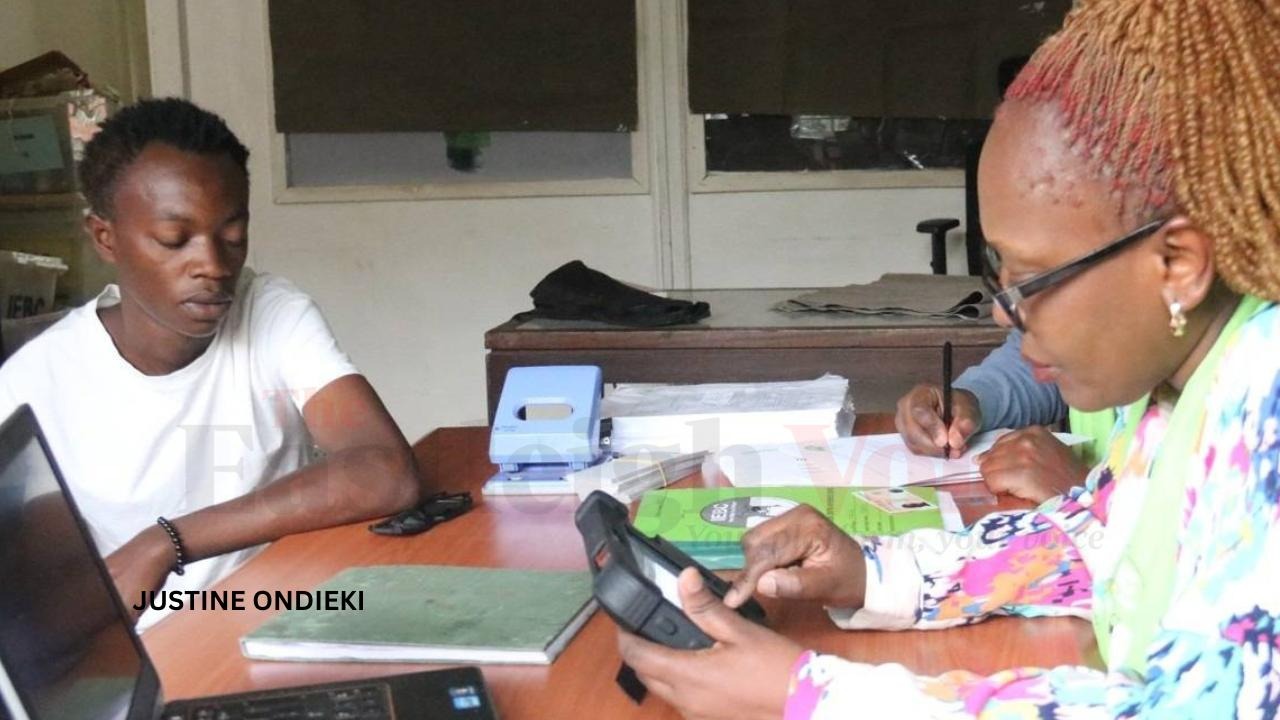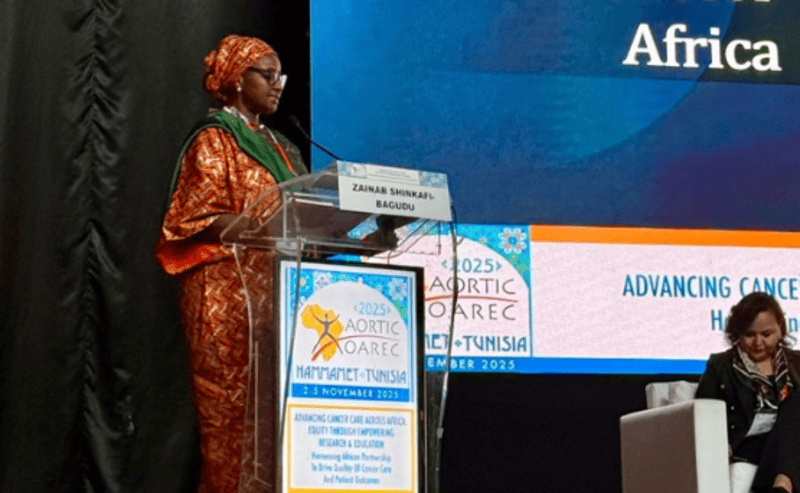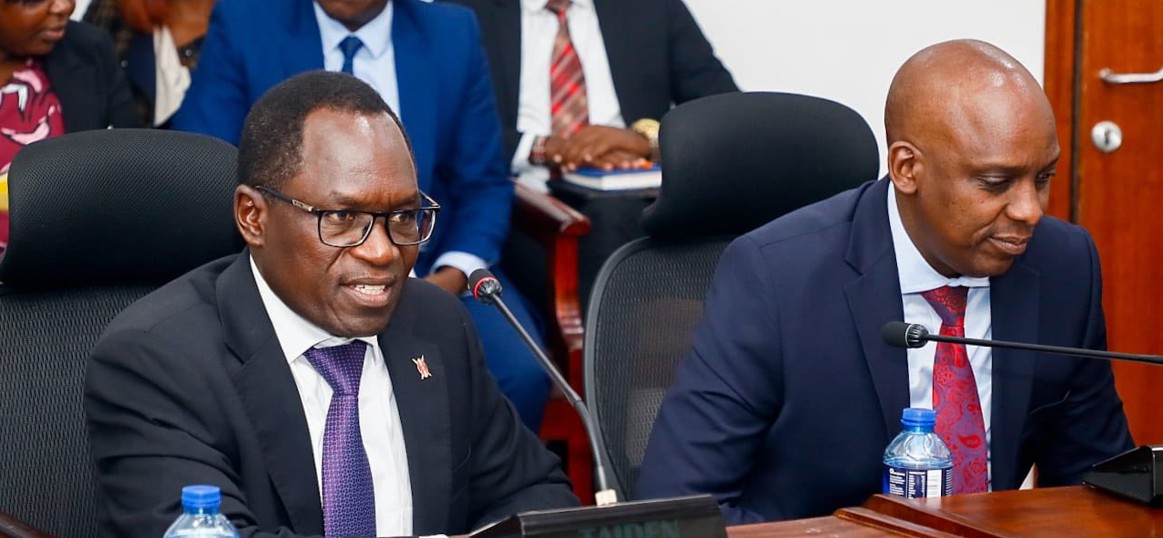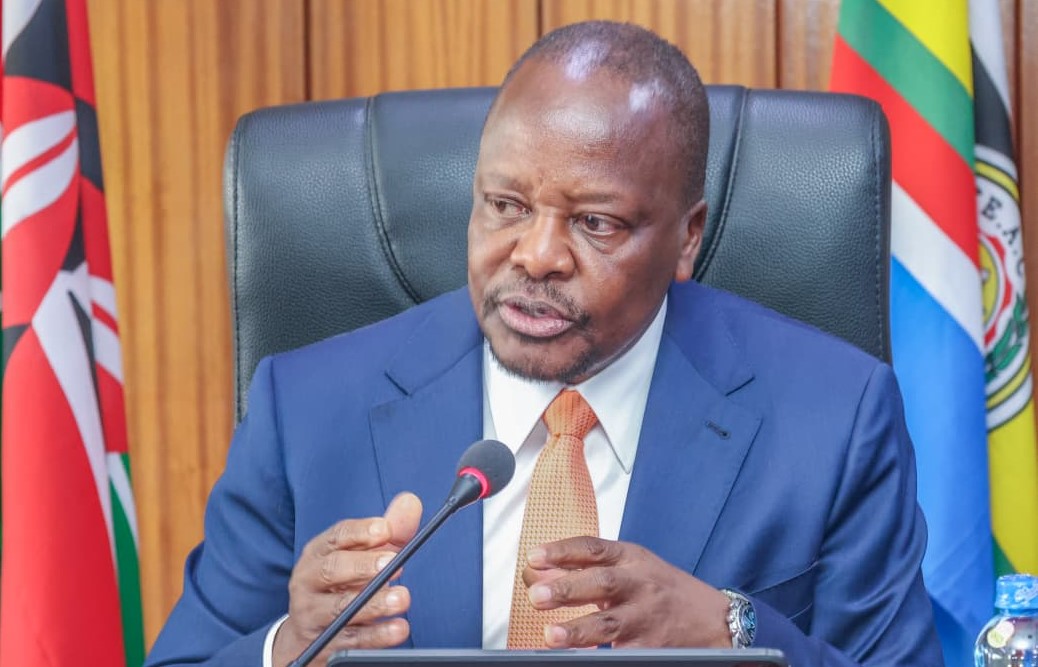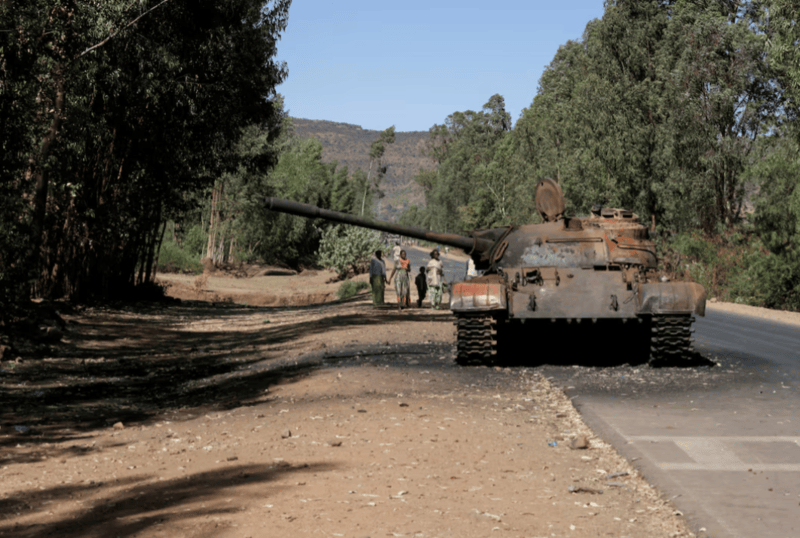South Africa mourns first black female nuclear scientist Senamile Masango
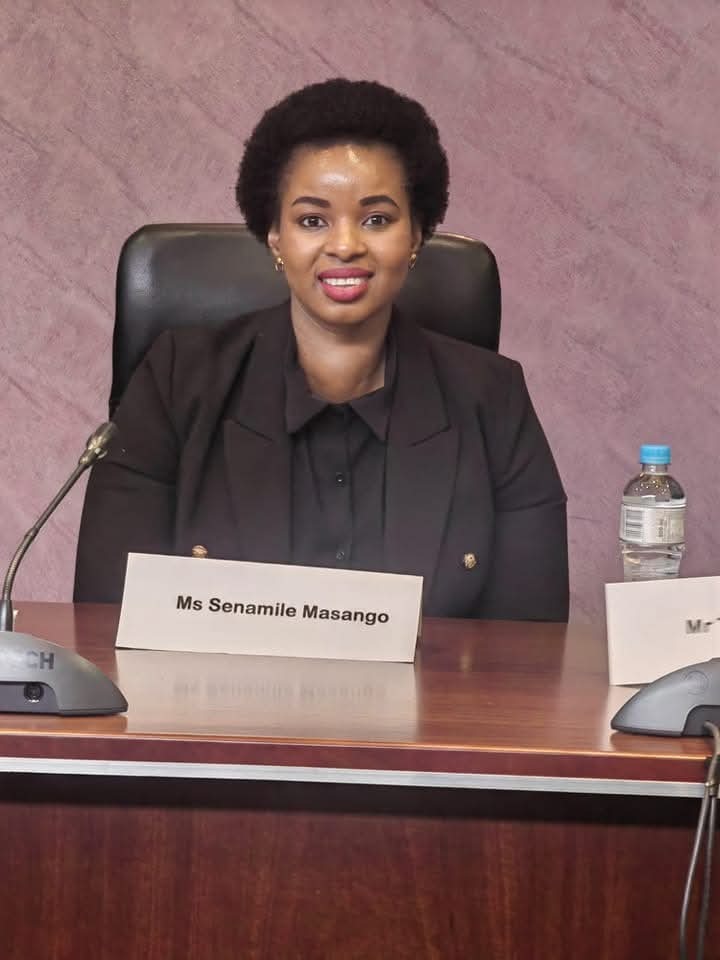
Masango made history as the first African woman to conduct experiments at the European Organisation for Nuclear Research (CERN), the world’s most advanced physics laboratory.
South Africa is mourning the loss of Senamile Masango, the country’s first black female nuclear scientist, who passed away at the age of 37.
The government confirmed her death, which happened on Sunday following a short illness.
More To Read
- Surviving the next pandemic could depend on where you live
- South African court rules Albert Luthuli died from assault, not accident
- Africa imports over 70 per cent of its medicines — Local production of ingredients could change that
- Ethiopian quarter: How migrants have shaped a thriving shopping district in South Africa’s city of gold
- Calls to rename Kruger National Park spark fresh colonial-era debate in South Africa
- Preliminary findings show no foul play in death of South Africa’s Ambassador Mthethwa
Masango, who hailed from Nongoma in northern KwaZulu-Natal, was a trailblazer in the field of nuclear physics. Her contributions to science and technology earned her national and international recognition, including being named one of the 50 Global Inspirational Women in 2020 and a finalist in the Women in Tech Global Awards in 2021.
Beyond her work as a nuclear physicist, she was a member of various scientific institutions, including the South African Nuclear Energy Corporation Ltd (NECSA) and the Human Resource Development Council (HRDC). She also served on uMngeni-uThukela Water’s Innovation, Technology and Information Committee.
South Africa Deputy President Paul Mashatile, who also chairs the HRDC, paid tribute to Masango, calling her a beacon of hope for young people, especially women.
“Her passion for developing critical skills among the population and women in science, in particular, will be sorely missed,” he said.
Masango made history as the first African woman to conduct experiments at the European Organisation for Nuclear Research (CERN), the world’s most advanced physics laboratory. She also led a research team representing South Africa at the BRICS Youth Energy Agency.
The University of the Western Cape (UWC), where Masango earned her Master’s Degree in Nuclear Physics in 2019, described her as a trailblazer who broke barriers in science across South Africa and the continent.
“Her legacy lives on in the academic journey of every young woman scientist who studies at and graduates from UWC,” the university said.
In addition to her scientific achievements, Masango was the founder and chairperson of Women in Science and Engineering in Africa (Wise Africa), an organisation dedicated to inspiring young people, particularly girls from disadvantaged backgrounds, to pursue careers in science and technology.
Her commitment to education and empowerment was evident in her personal reflections on her journey.
“My interest in nuclear science started at Mlokothwa High School in kwaNongoma when I was 11,” she once said.
Tributes have continued to pour in from across the country. The office of King Misuzulu KaZwelithini of the Zulu nation also honoured her memory.
“I extend my sincerest condolences to her family on behalf of the Zulu nation. May you take solace in the fact that many others will continue to be inspired by her influence. We pray that her soul rests in eternal peace and stand with you in mourning,” the King said.
Masango’s impact on science and education will be remembered as South Africa continues to celebrate her legacy and the doors she opened for future generations.
Top Stories Today

